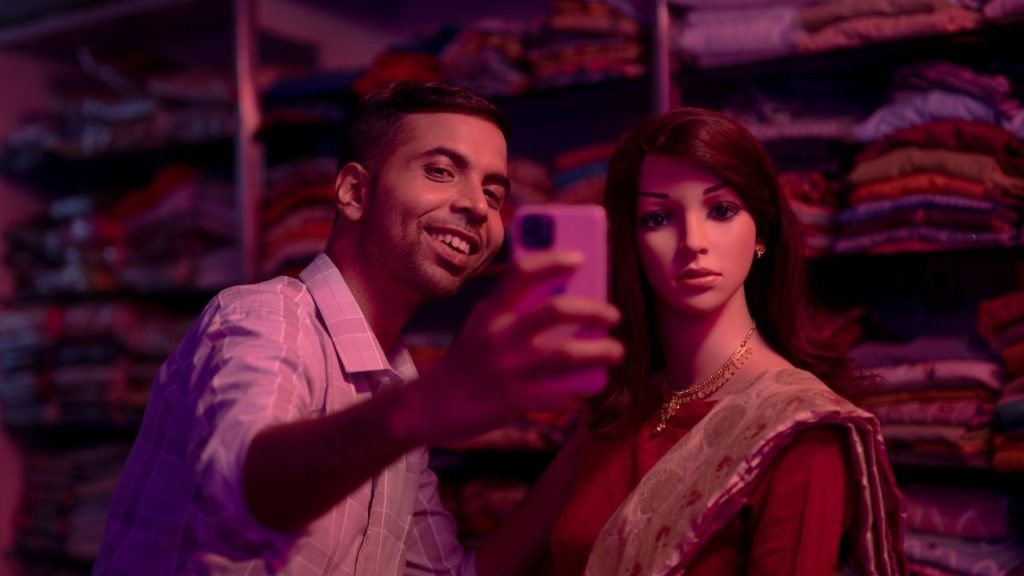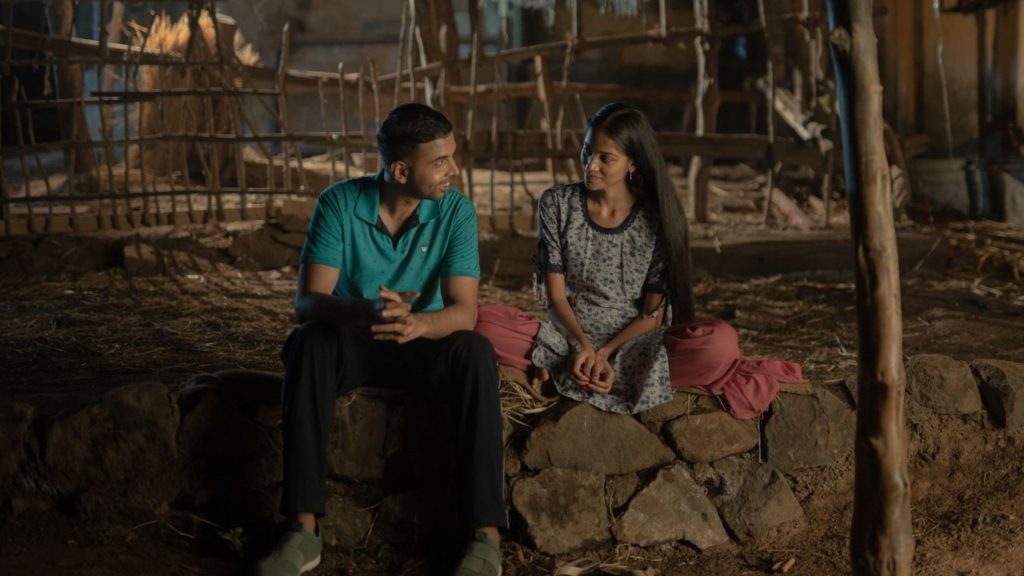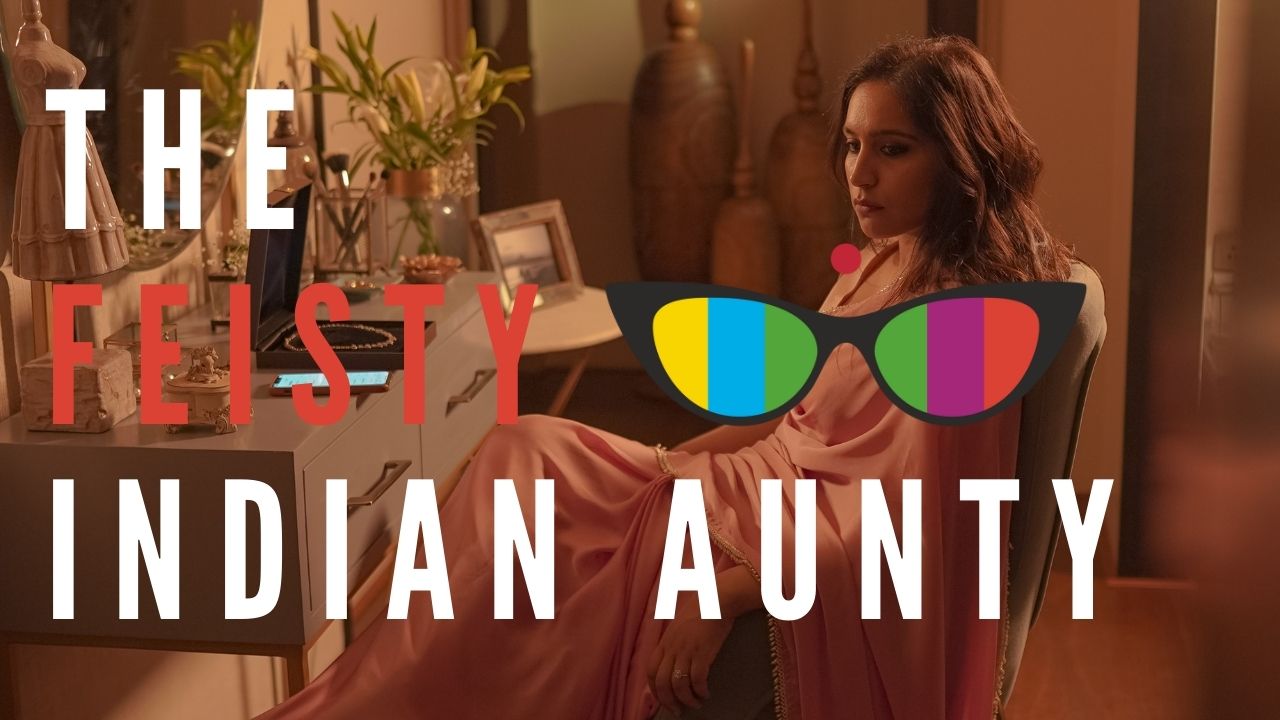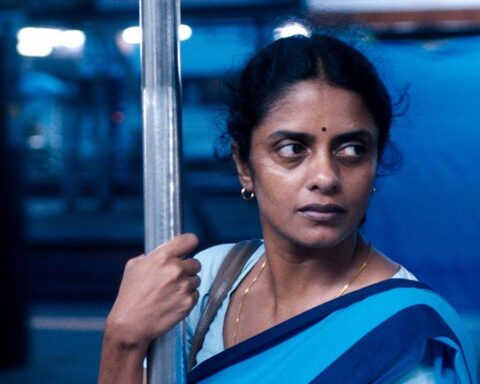Hello everyone, It is I, your Feisty Indian Aunty who just watched Ankahi Kahaniya on Netflix and felt very deeply for every protagonist in the movie. These three short stories on relationships, encompassing young love, marital anxieties, and loneliness had me thinking about my own life and all the times I’ve encountered these same feelings. This is a movie about lost and wayward souls, all of whom seeking some – any – kind of human connection.
Before I get into it, however, I feel the need to point out that Netflix really seems to enjoy telling the Indian anthology stories. Am I right in thinking that no other country has as many TV shows and movies of this type? Why is that? God knows Indian cinema has made a meal out of movies with incredibly long running times, telling one story that goes on for at least three hours. Or is Netflix using its platform to give opportunities to as many filmmakers as possible to tell their stories, and short TV episodes, or films within films (like this one), are the easiest and cheapest way to do that? Could someone smarter than me in these matters please explain this to me?

But back to Ankahi Kahaniya. Here are some thoughts on the three stories told in this movie.
The first is about a young man, Pradeep (Abhishek Banerjee), who hails from a remote village, who comes to Mumbai and works in a unisex garment store, and falls in love with a mannequin. That’s right. A department store dummy. (Is that offensive? Are we still allowed to call them dummies?) Is he mad? Does he not know that the mannequin has no voice? It’s a metaphor of course. Because life can be lonely. And it can be terrible when you’re in an unfamiliar place with no family to support you or friends to help you get settled. Loneliness can kill anyone’s spirit.
This story touched my heart as it had me thinking about the time my family moved to England. My husband was pursuing his studies. And despite there being five of us there, as a family, together, we were all still painfully lonely. It was cold. It was unfamiliar. It was the 1970s and we were the only brown people for miles. And it was only once we found friendly faces in the place where we lived did things get better. Who knows what would have happened if any one of us ended up working at a department store.

The second story is about two individuals, Manjari (who loves embroidery) and Nandu (a worker in a tea stall), who are feeling the stirrings of love. They live in squalor with nothing but their love of movies to help them dream and escape their reality.
Life in the slums of Mumbai is very astutely crafted in this story. Privacy is non-existent. Sexual and family abuse is common. Can love still find its place here? Of course it can. Because the human spirit is amazing, no matter where you are, or how terrible the circumstances are around you, love is still possible. Escape is possible.
It may not be a particularly original message, but it’s well told here. It’s simply executed. And the performances by Rinku Rajguru and Dilzad Hiwale as these two youngsters yearning for better days were so good that it made me share in their hope and excitement.

The third and final story revolves around infidelity. A happily married woman, Tanu Mathur (Zoya Hussain), discovers that her husband is unfaithful and decides to tell the spouse of the other woman of his wife’s infidelity. (This setup reminded me of the movie In the Mood for Love.) There is trouble in paradise and we watch as both betrayed parties rehash their life stories.
He is a man who was once someone in the business world but now has lost his dream. She, who has her own ambitions, but was unable to realize them having always been in the shadow of an extremely successful spouse. Can they save their respective marriages? Is friendship between a man and a woman truly possible? And if so, can that friendship survive without physical love?
None of the stories in this movie are particularly grand or romantic. These tell of the quieter side of love. Of love in unconventional places. Of forbidden love. Of love when there is nothing left to hope for. These three tales may not be as sweeping as what you might find in a Hollywood rom-com, but I found them to be far more relatable, even if they are a little kooky and overly sentimental.










Follow Us